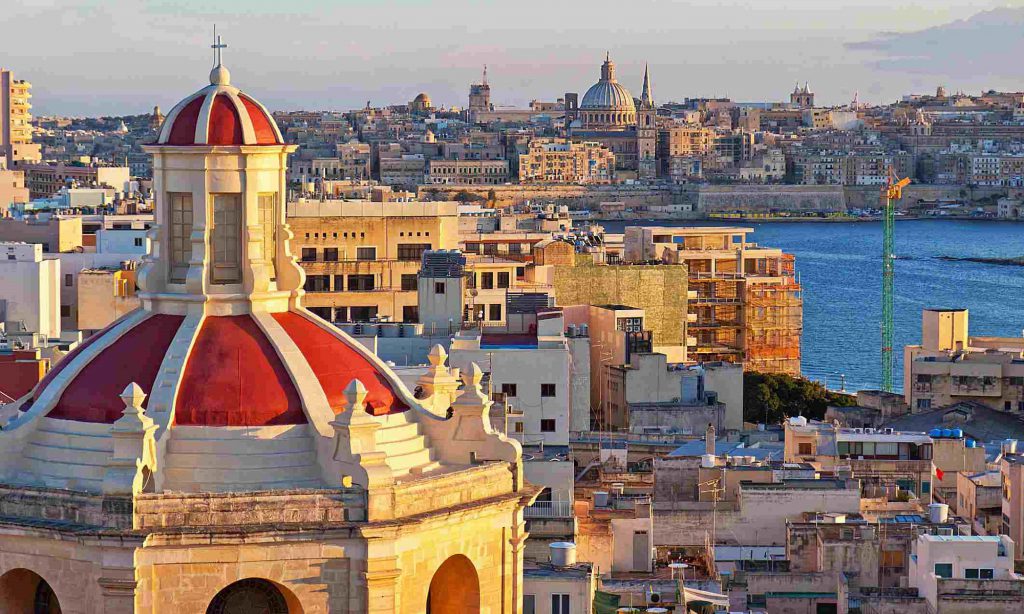Working in Malta as an expat can be an exciting and rewarding experience. With its stunning Mediterranean landscapes, rich history, and thriving economy, Malta offers a diverse range of opportunities for professionals from around the world. Whether you are considering a short-term assignment or planning to settle down here, there are several key factors to consider to ensure a successful transition and integration into Maltese society.

Job market and opportunities
Malta has a robust and dynamic job market, particularly in sectors such as iGaming, finance, IT, hospitality, and tourism. The country has attracted numerous international companies, and its strategic location and favorable business environment make it an attractive destination for foreign investment. Valletta, the capital city, is a major economic hub, but opportunities can also be found in other regions. It is advisable to research the job market, identify potential employers, and utilize online job portals and recruitment agencies to find suitable positions.
Work permits and visa requirements
Before starting work in Malta, it is important to understand the work permit and visa requirements. If you are a citizen of the European Union (EU) or the European Economic Area (EEA), you have the right to work in Malta without restrictions. Non-EU/EEA citizens will typically require a work permit, which is obtained through a job offer from a Maltese employer. The process may involve multiple steps, including obtaining a visa and registering with the Maltese authorities. It is crucial to familiarize yourself with the application process and gather the required documentation well in advance.
Language skills
The official languages of Malta are English and Maltese. English is widely spoken and used in business, making it an accessible country for English-speaking expats. However, learning basic Maltese phrases and expressions can help you navigate daily life and build stronger connections with the local community. Language schools and resources are available to assist you in learning the Maltese language if you are interested.
Cost of living
The cost of living in Malta is moderate compared to other European countries, offering expats a comfortable standard of living. However, it is important to consider factors such as accommodation, utilities, transportation, groceries, healthcare, and leisure activities when planning your budget. Rental prices in popular areas, such as Sliema and St. Julian’s, may be higher, but there are also more affordable options available in other regions of the island.
Cultural adaptation
Malta has a unique blend of Mediterranean, European, and North African influences, resulting in a rich cultural tapestry. Maltese people are known for their warm hospitality and family-oriented values. Embracing the local customs and traditions, such as attending religious festivals, exploring historical sites, and enjoying traditional Maltese cuisine, can help you integrate into Maltese society. Building relationships with locals and participating in community activities can provide a deeper understanding of the culture and enhance your overall experience.
Work-life balance
Malta places importance on maintaining a healthy work-life balance. The standard working week is 40 hours, and employees are entitled to annual leave and public holidays. The island’s relaxed atmosphere, beautiful beaches, and vibrant social scene provide ample opportunities for leisure activities and outdoor pursuits. Take advantage of Malta’s favorable climate and explore its natural beauty, historical sites, and cultural events to achieve a well-rounded work-life balance.
Healthcare system
Malta has a comprehensive healthcare system that provides high-quality medical services to its residents. Expats working in Malta may be eligible for public healthcare, depending on their circumstances. It is advisable to familiarize yourself with the healthcare system, register with the appropriate authorities, and understand the services and benefits available to you. Many employers also offer private health insurance as part of their employee benefits package.
You may also like these articles
